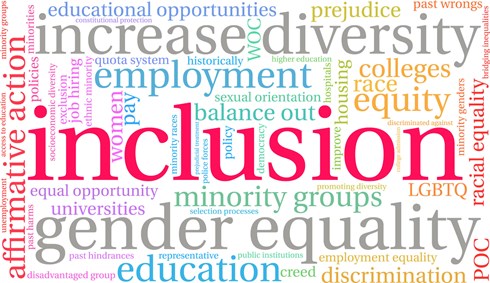 Storytelling has always felt comforting to me. From a young child, creative writing and reading was enjoyable and now through reading novels, listening to podcasts and watching documentaries I can understand the experiences of Black Indigenous and People of Colour (BIPOC) around me. When I read historical or contemporary books about historical black figures such as Mansa Musa (Emperor from the Mali empire) who is estimated to be one of the richest individuals to date, and other influential leaders such as Martin Luther King, Marcus Garvey and Malcolm X, I am provided with role models which make me want to strive to fulfil my potential as a black man.
Storytelling has always felt comforting to me. From a young child, creative writing and reading was enjoyable and now through reading novels, listening to podcasts and watching documentaries I can understand the experiences of Black Indigenous and People of Colour (BIPOC) around me. When I read historical or contemporary books about historical black figures such as Mansa Musa (Emperor from the Mali empire) who is estimated to be one of the richest individuals to date, and other influential leaders such as Martin Luther King, Marcus Garvey and Malcolm X, I am provided with role models which make me want to strive to fulfil my potential as a black man.
I think it is important for schools to be committed to teaching pupils about figures from BAME backgrounds. Subjects such as History and English Literature, are highly Eurocentric promoting the white western view of history. As a result, it encourages white pupils to grow up in an education system learning about people who they can identify with that in return builds positive self-images and self-confidence. For many POC pupils not having the same forms of representation may lead to them feeling low self-worth and negative self-image. Is this fair?
Storytelling for many cultures is a powerful creative craft that helps people address unpleasant lived experiences. Also, people can express their issues while identifying with others by listening to their stories. This has been validated through psychological studies, which found that hearing stories encourages the release of the hormones such as oxytocin. Oxytocin is a hormone that ignites the empathy that we feel for others situation. Such a connection can be so strong that it can move people to action, for example through joining a movement or protest. This is evident in how I felt very empathetic towards people like George Floyd in the US and Shukri Abdi in Britain. Through hearing their stories and reading other people’s account on social media, my engagement on certain topics increased, and I was inspired to protest for social justice.
Furthermore, for Native Americans storytelling also plays such importance, indigenous people have been affected by their loss of connection to their family and culture, they have to live with the legacy of historical trauma being passed down over generations. American history has perpetuated the idea that Native Americans were “savages”: a common discourse that was used to justify America’s colonialist tactics, because such individuals were depicted as “sub-human”. Such discriminatory experiences are highly traumatic for Native Americans, in which they are left to feel inferior in a demonised position in American society. Therefore, many people from such communities use storytelling to promote healing and positive mental health. American Indians stories are a form of medicine, in which stories about past cultural practices and events act as a bonding tool in which people can unite in their quests to overcome turmoil because everyone can identify with and relate to a story.
For myself, storytelling has therefore acted as a form of healing; we can all air out our own struggles and feel unified with others experiences we identify with.